Search Results
Showing results 101 to 120 of 176
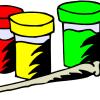
Salt Painting
Source Institutions
In this art meets chemistry activity, early learners discover the almost magical absorbent properties of salt while creating ethereal watercolor paintings.
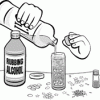
Glitter Globe
Source Institutions
This activity shows learners (with adult supervision) how to make a Glitter Globe, a fabulous toy that shimmers when you shake it.
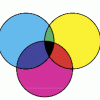
Three Circles of Pigments
Source Institutions
In this activity, learners overlap the three primary colors to see how all other colors are made.
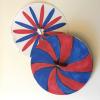
Opti-Top
Source Institutions
In this activity, learners will create an optical illusion top. Learners will explore color mixing, physics and design through this activity.
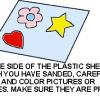
Shrinking Polymers
Source Institutions
In this activity, learners discover that some plastics will shrink when you get them hot. Learners bake polystyrene in a regular oven and discover what happens.
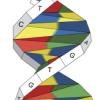
Origami DNA
Source Institutions
In this activity, learners create an origami model of DNA, demonstrating its double helix structure.
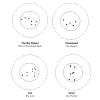
Constellation Scope
Source Institutions
In this activity, young learners explore the basic shapes of constellations by making their own scope out of a cardboard tube and paper with pinpricks.
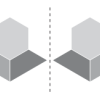
Experimenting with Symmetry
Source Institutions
In this activity, learners use pattern blocks and mirrors to explore symmetry. Learners work in pairs and build mirror images of each other's designs.
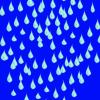
Go with the Flow
Source Institutions
Learners draw comic-style pictures to show the water cycle. From a starting picture, one learner draws what happens to the water in the next panel, then passes the comic strip to another learner.
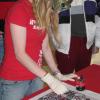
Nanoparticle Stained Glass
Source Institutions
In this activity/demo, learners are introduced to the connection between medieval stained glass artisans and nanotechnology.
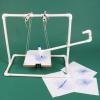
Drawing Board
Source Institutions
The Drawing Board consists of a marking pen that remains stationary and a platform that swings beneath the pen, acting as a pendulum.
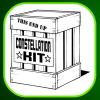
Constellation Chamber
Source Institutions
Learners build 3D representations of constellations, which show not just the position of the stars as seen from Earth but also their relative distance from Earth.
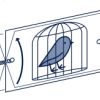
Motion Picture
Source Institutions
During this hands-on activity, learners are briefly exposed to moviemaking and animation, when they create their own thaumatropes.
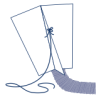
Go Fly a Kite
Source Institutions
In this hands-on activity, children create their own kites that can fly indoors. Learners are exposed to basic concepts of gravity and air resistance.
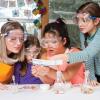
Nature of Dye
Source Institutions
"Nature of Dye" allows participants to create their own dyes and art while exploring how chemicals interact and how these interactions can have real-world applications.
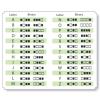
Binary Code Bracelets
Source Institutions
In this activity, learners make their own binary code bracelets by translating their initials into 0s and 1s represented by beads of 2 different colors.
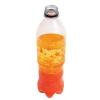
Liquid Lava Layers
Source Institutions
In this activity, learners explore the concepts of density and basic chemical reactions as they create a homemade lava lamp effect using water, oil, food coloring, and Alka-Seltzer tablets.
Mystery Jars: Make Your Own: Estimating and Counting
Source Institutions
Learners make a counting/estimating jar to exchange with friends or bring home.
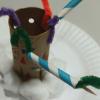
Coral Polyp
Source Institutions
In this activity, learners will create their own coral polyps - the basis for a coral reef.
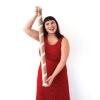
Make Your Own Rainstick
Source Institutions
In this activity, leaners build their very own rainsticks, an instrument filled with pebbles and seeds that create sounds like falling rain. Save costs by using material found around the home.
